Your Browsing History
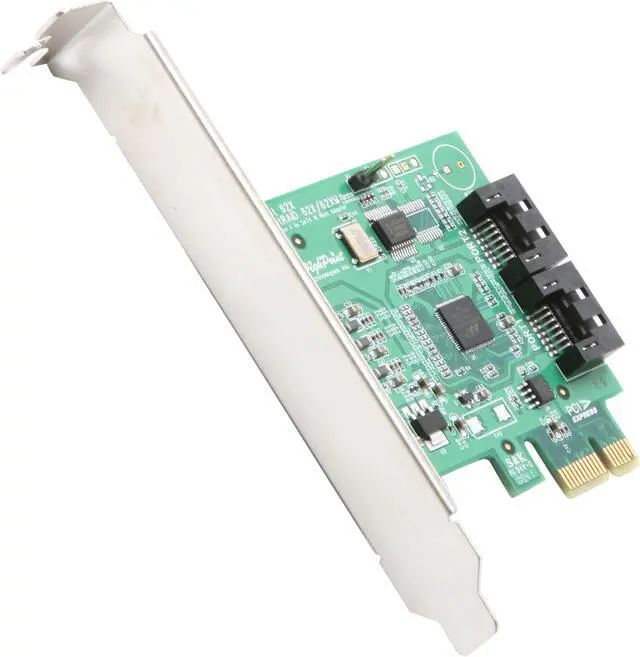
100%
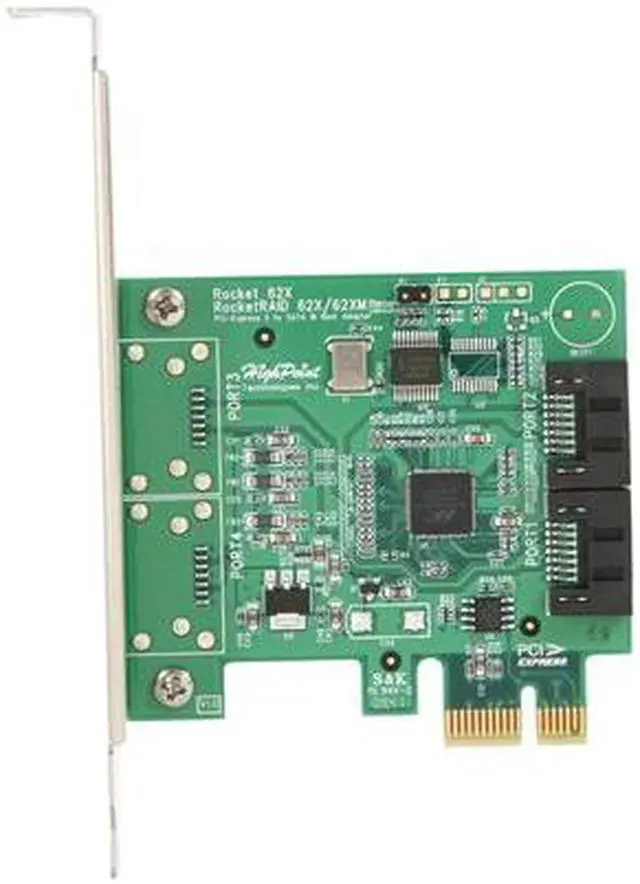
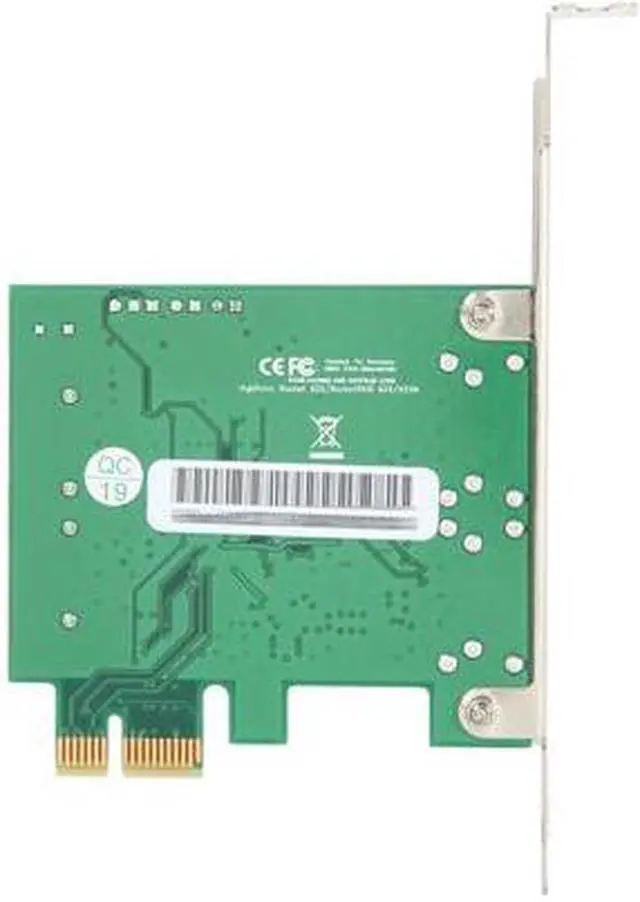
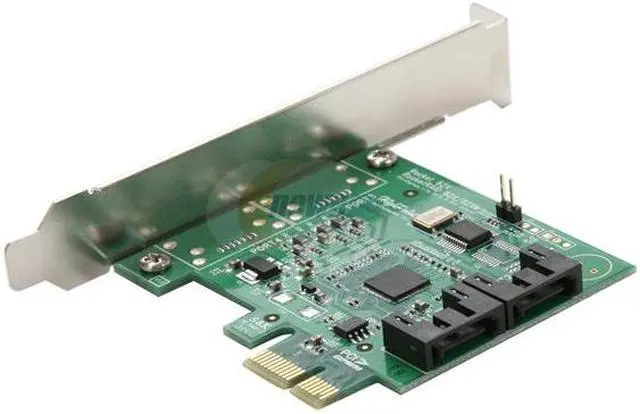
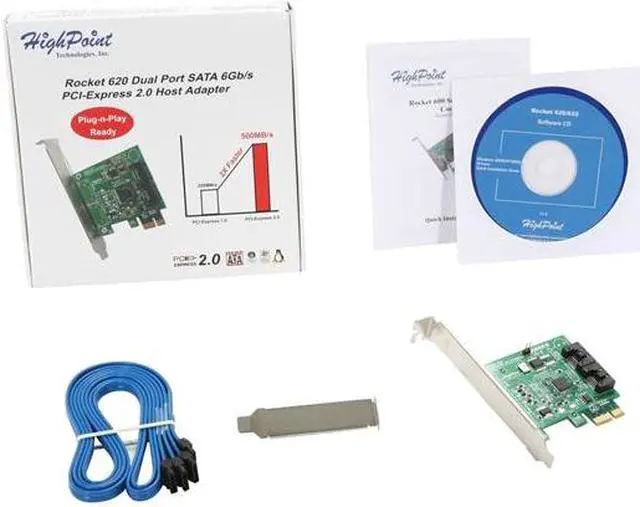
Any questions? Our AI beta will help you find out quickly.
Rocket 600 Series HBA's - The Industry's most affordable SATA 6Gb/s Storage Solutions
HighPoint's Rocket 600 series are the industry's most affordable SATA 6Gb/s PCI-Express 2.0 HBA's. These best-selling host controllers are the ideal low-cost storage upgrade for any desktop PC, and support up to 4 internal or external SATA hard drives and SSD's. Rocket 600 series HBA's are industry AHCI compliant SATA 6Gb/s Host controllers.
 SATA 6 Gb/s CompliantThe HighPoint Rocket 620 features next-generation SATA Revision 3.0 compliant internal SATA ports to provide 6 Gb/s data transfer rates for optimal performance, efficiency, convenience and flexibility.
SATA 6 Gb/s CompliantThe HighPoint Rocket 620 features next-generation SATA Revision 3.0 compliant internal SATA ports to provide 6 Gb/s data transfer rates for optimal performance, efficiency, convenience and flexibility. PCI Express 2.0 InterfaceThe PCI Express 2.0 interface provides double the bandwidth of the existing PCI Express 1.0 interface and delivers at least 500MB/s of throughput for enhanced performance.
PCI Express 2.0 InterfaceThe PCI Express 2.0 interface provides double the bandwidth of the existing PCI Express 1.0 interface and delivers at least 500MB/s of throughput for enhanced performance.